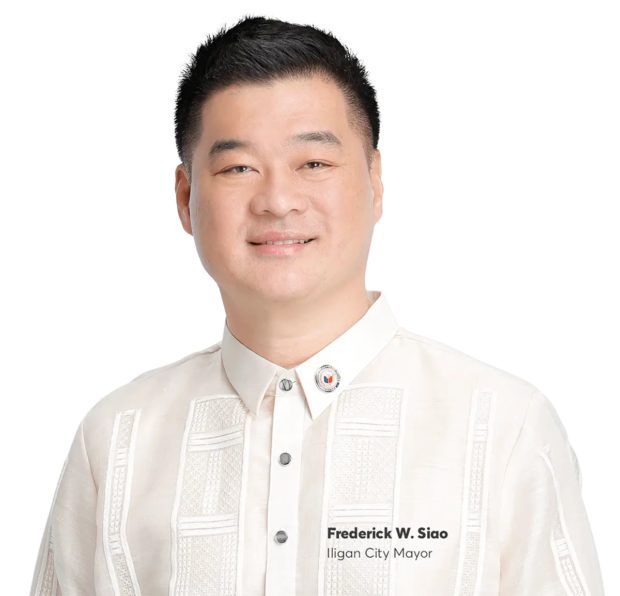DILG told: Ask input of mayors, governors in review of PNP top brass

iligan.gov.ph
MANILA, Philippines — The Department of the Interior and Local Government (DILG) should consider the input of mayors and governors in evaluating high-ranking police officers in the country, said Iligan City Mayor Frederick Siao.
Siao said Tuesday that the review of Philippine National Police (PNP) colonels and generals, in a bid to weed out top officers allegedly involved in criminal drug activities, is “an opportunity for improved accountability and transparency, as well as respect for the limited discretion of mayors and governors to choose their local police chiefs from shortlisted nominees.”
“As Mayor of the city of Iligan, I prefer to and should be able to inform the National Police Commission (Napolcom) and/or the adjudication committee about the performance and conduct of top-ranking PNP officers that were assigned to Iligan. I also prefer to continue to exercise my limited discretion as mayor to choose the Iligan City police chief,” he said in a statement.
The former congressman also pointed out other issues that the government “should address with clarity,” like whether the five-member panel–tasked to do the first layer of review on senior PNP officials–has been “formally constituted as a Napolcom instrumentality.”
“Mayors are deputies of the Napolcom and should be given a chance to submit comments on the mayors’ respective police chiefs. If Napolcom has not yet done so, then it should formally constitute the adjudication committee and task it to vet the generals and colonels,” he said.
Vetting police generals and colonels, Siao also noted, is under the constitutional mandate of the Commission on Appointments (CA).
“So the CA and Congress could have some say on how the PNP generals and colonels are vetted this time around,” he added.
Siao further asked if the authority of President Ferdinand “Bongbong” Marcos Jr. as the commander in chief of the armed forces applies to the PNP.
“A formal legal opinion from the Department of Justice would help clarify this and other legal issues on how the PNP generals and colonels are screened. It is my understanding that the PNP is a civilian police force, but the PNP’s return to military-like ranks may have brought the PNP back to its former military character,” he added.
The mayor also sought to know what role the Inspector General of the PNP Internal Affairs Service would play in the evaluation process of top-ranking police officers.
“The PNP Inspector General also has a legal mandate to make sure the PNP has officers who respect and follow the law,” he explained.
PNP chief Rodolfo Azurin Jr. said only ten police officials, including seven who are slated to retire within the next few months, have yet to meet the Jan. 31 deadline and submit their courtesy resignations.
He also said that the five-man committee, which includes retired police general and Baguio City Mayor Benjamin Magalong, will soon be introduced to the public by Interior Secretary Benjamin Abalos Jr.
Following the panel’s evaluation, the Napolcom–where Abalos sits as chairperson and Azurin as ex-officio commissioner–will amend or trim down the list of the police officers found linked to the illegal drug trade before they submit it to Marcos for necessary action.